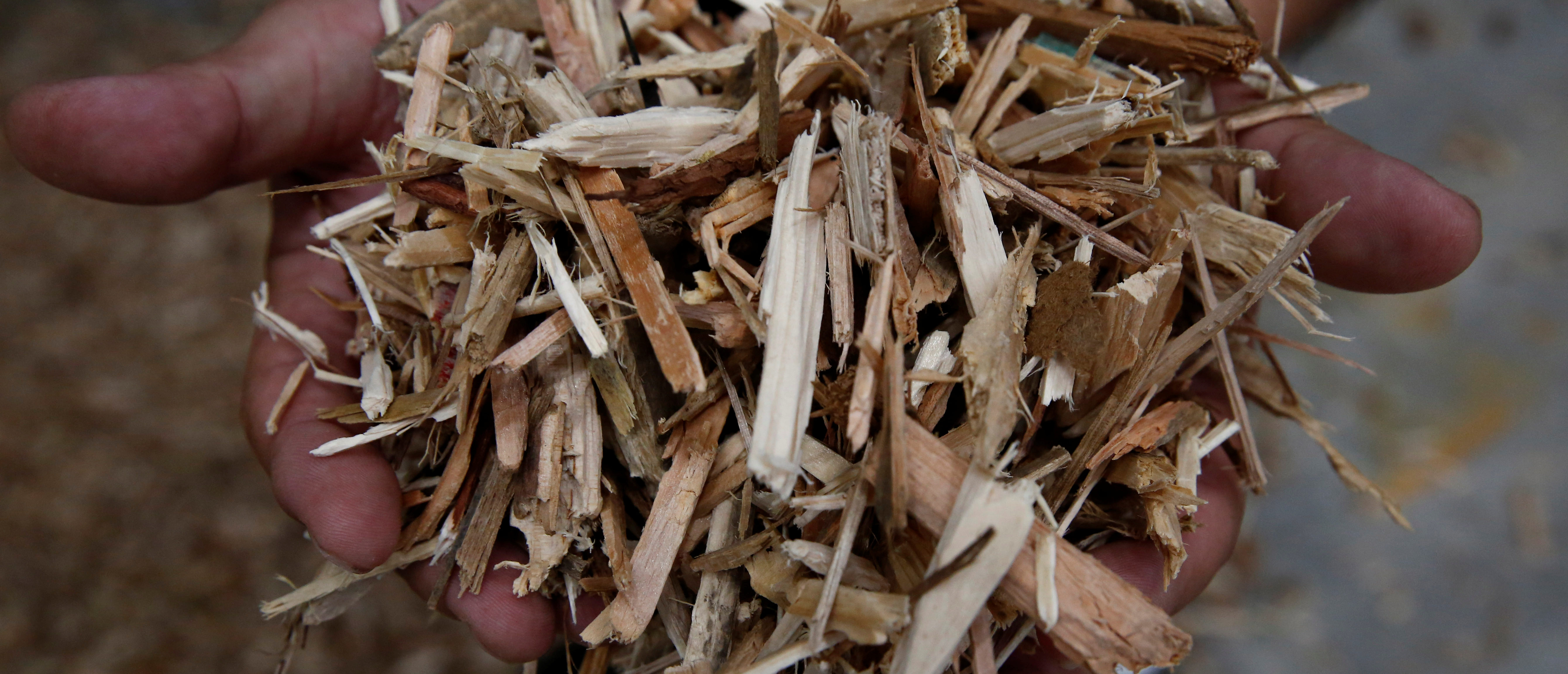Trump’s EPA Says Cutting Down Trees For Power Is ‘Carbon Neutral’
April 23rd, 2018
 The Environmental Protection Agency (EPA) will treat the biomass
from trees as “carbon neutral” when cut down to be used as fuel for
power plants, according to Administrator Scott Pruitt.
The Environmental Protection Agency (EPA) will treat the biomass
from trees as “carbon neutral” when cut down to be used as fuel for
power plants, according to Administrator Scott Pruitt.“Today’s announcement grants America’s foresters much-needed certainty and clarity with respect to the carbon neutrality of forest biomass,” Pruitt said in a statement.
EPA will now treat biomass from forests “as carbon neutral when used for energy production at stationary sources,” according to an agency release. Europe also treats biomass as “carbon neutral” and the continent’s power plants are a major source of U.S. wood pellet exports.
EPA made the change in response to a broad regulatory review they initiated last year. Congress’ 2018 budget also asked EPA to craft policies that “reflect the carbon neutrality of forest biomass for energy production” as long as those lands remain forest lands.
The idea is simple — trees cut down for power generation emit carbon dioxide, which can be reabsorbed over time by planting new trees. In this sense, no net carbon dioxide is emitted over a certain time frame.
So far, Europe’s insatiable appetite for wood pellets has been a boon to foresters, primarily in the South. Southern states produce virtually all the U.S.’s utility-grade pellets, the kind that European power plants need to replace coal.
However, environmentalists oppose classifying wood from forests as “carbon neutral.” Activists see it as a giveaway to the forestry industry.
“Pruitt is once again rewarding his industry pals,” said Sami Yassa, a scientist at the Natural Resources Defense Council, The Hill reported. “This will lead to more destruction of our treasured forests and more dangerous carbon pollution.”
EPA data, on the other hand, shows the forest sector offset more than 11 percent of U.S. greenhouse gas emissions in 2015. EPA said the new policy will also enhance forest stewardship, enhancing air and water quality and limiting the risk of wildfires.
“Managed forests improve air and water quality, while creating valuable jobs and thousands of products that improve our daily lives. This is environmental stewardship in action,” Pruitt said.
The U.S. produced about 2 percent of its electricity from biomass in 2016, according to Energy Information Administration (EIA) data. Wood products made up one-third of that number, EIA reported.

No comments:
Post a Comment